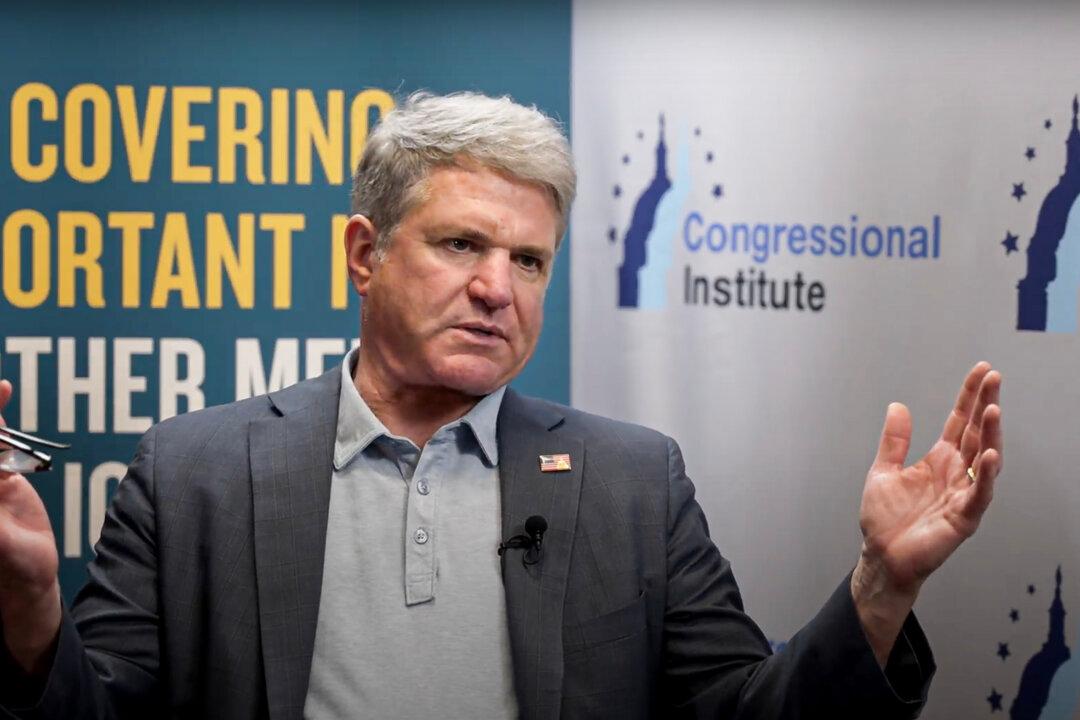Rep. Michael McCaul (R-Texas), the new chairman of the House Foreign Affairs Committee, is pushing for stricter enforcement of export controls on sensitive technologies that the Chinese military could access.
In a Jan. 13 letter (pdf) to the U.S. Commerce Secretary Gina Raimondo, McCaul further requested licensing data that the Commerce Department’s Bureau of Industry Security (BIS) had granted to China.




